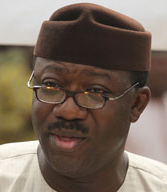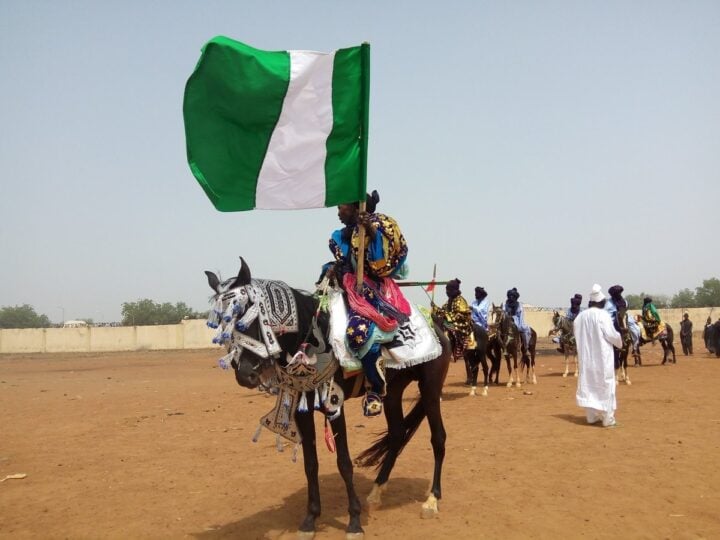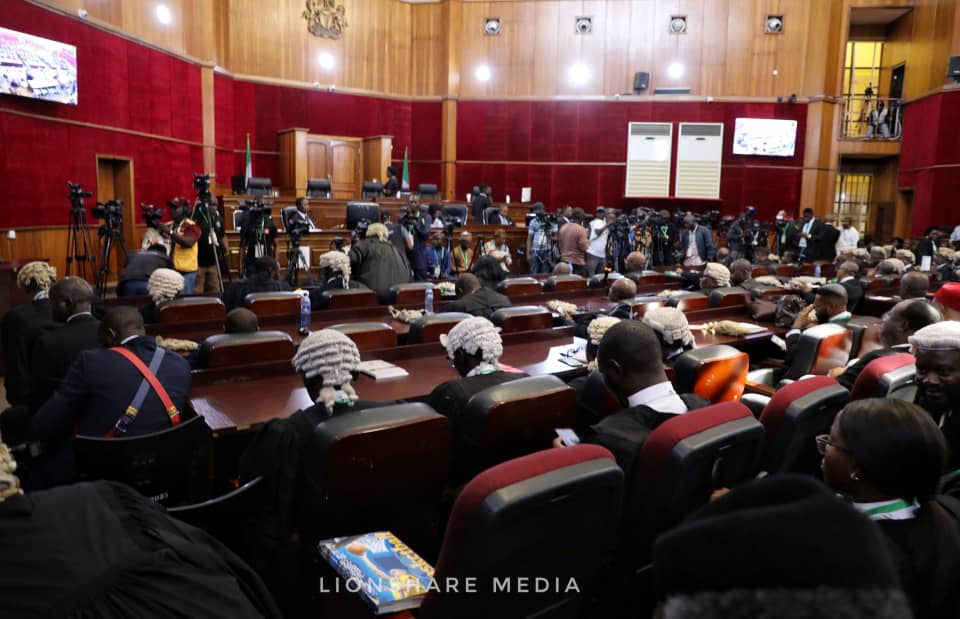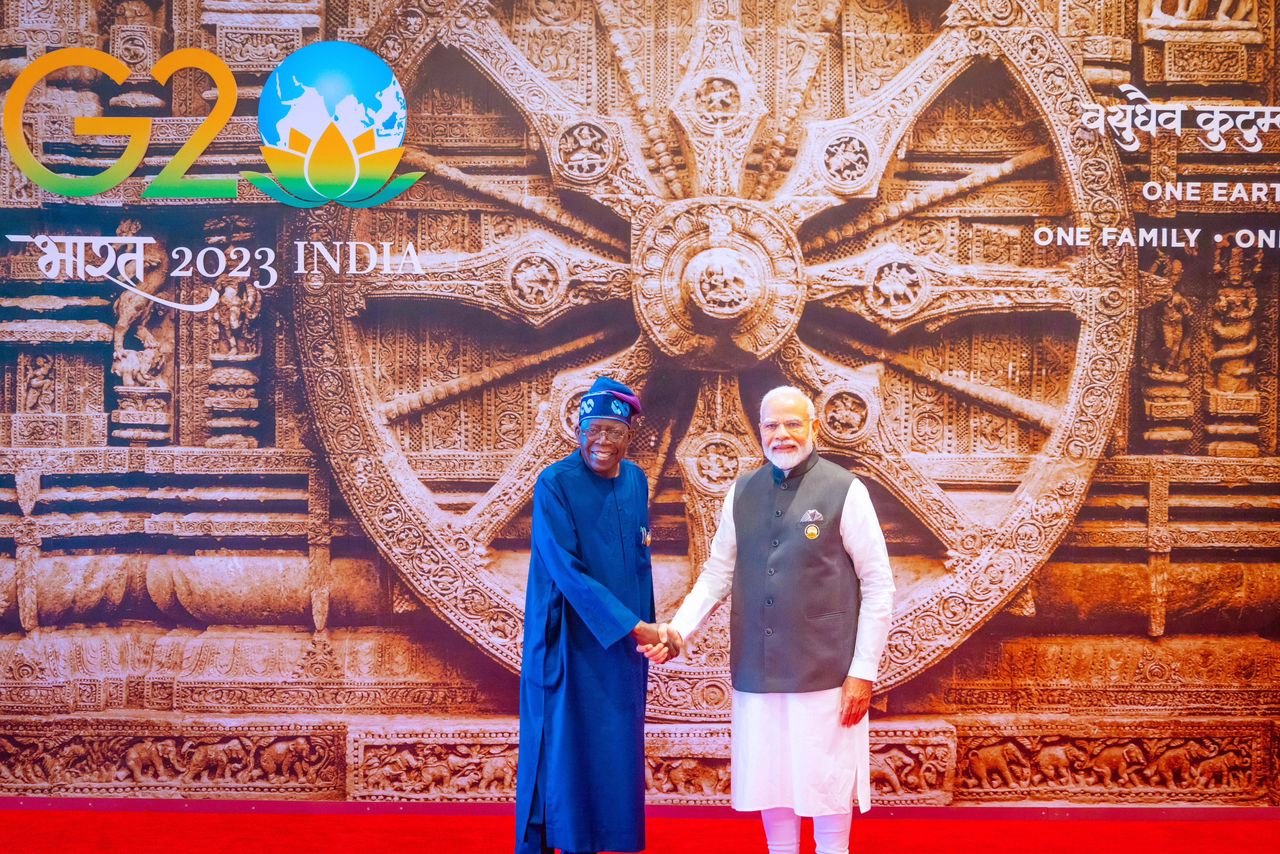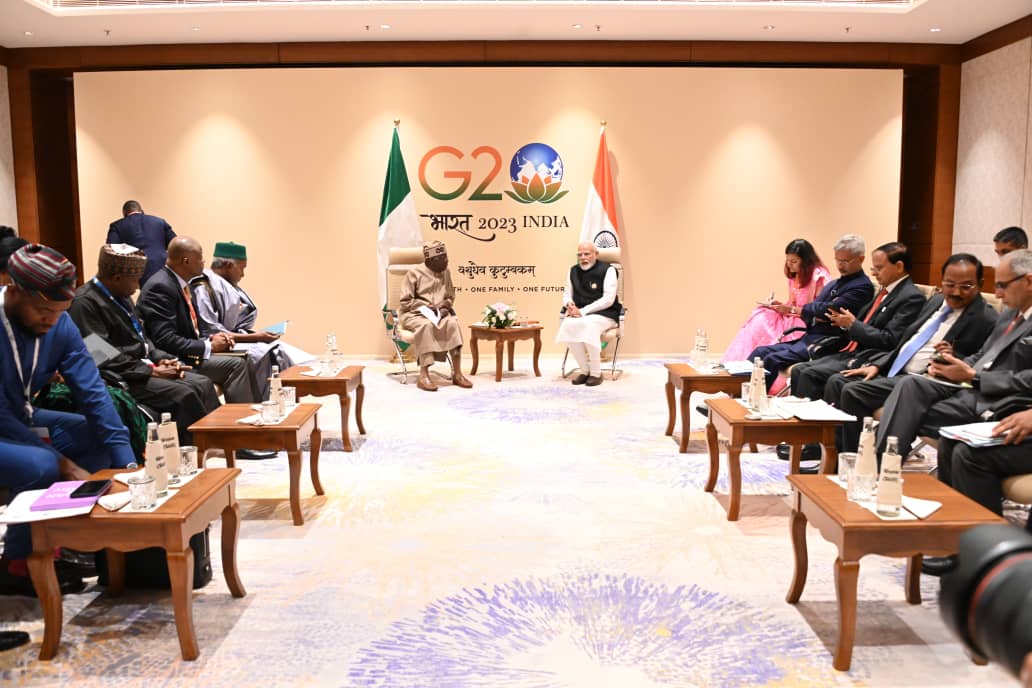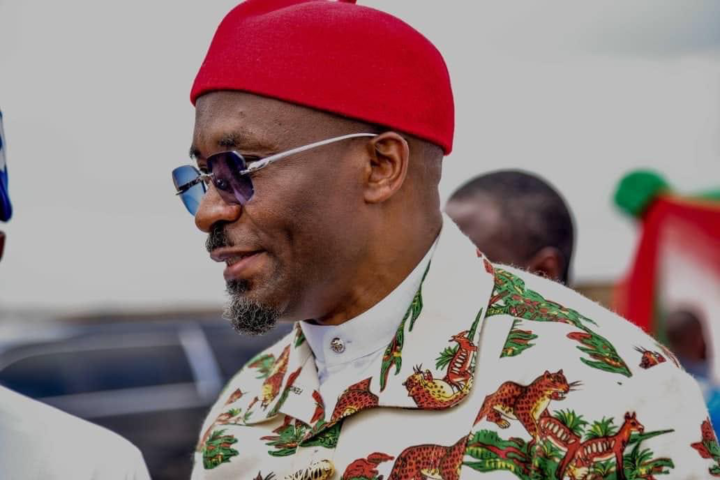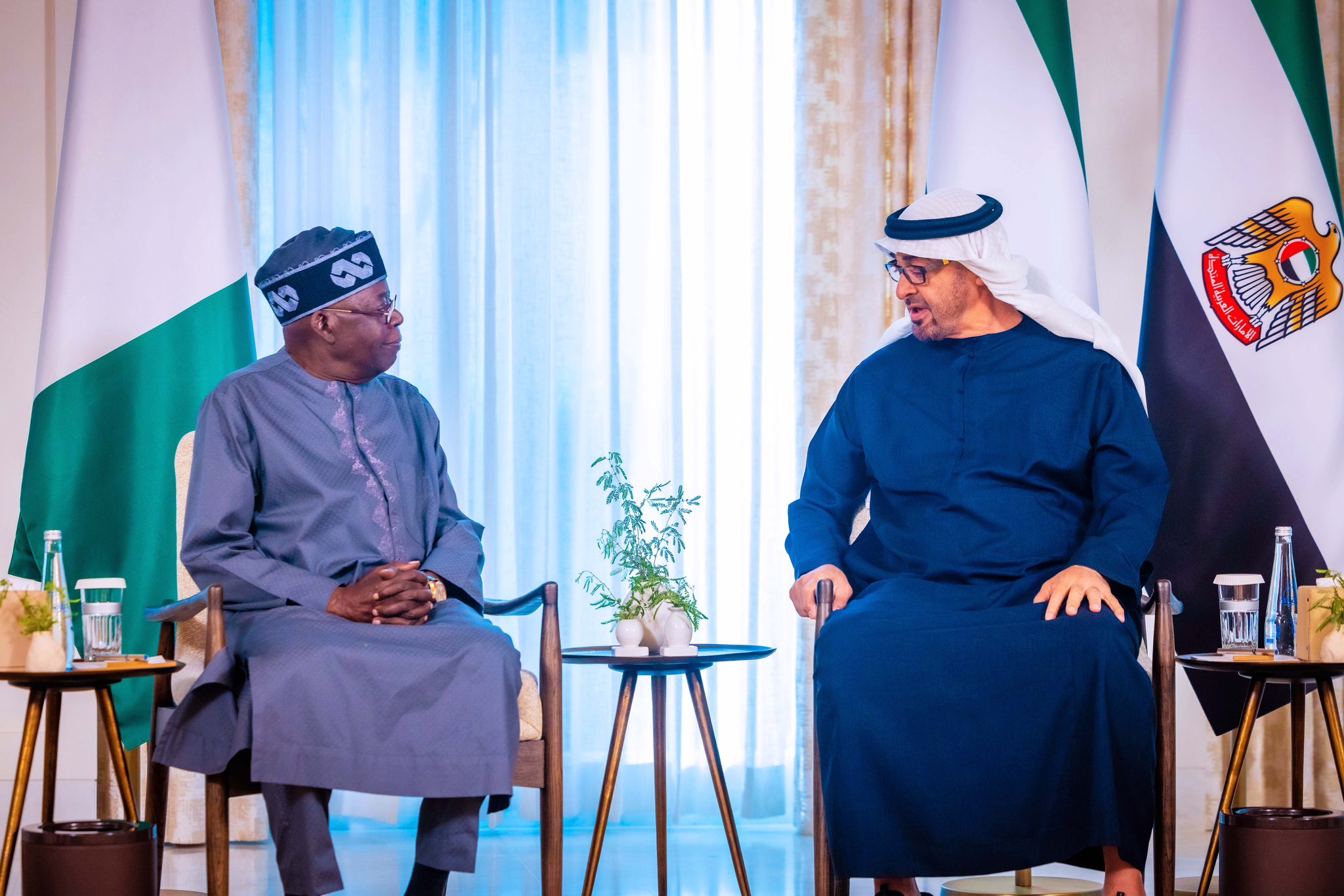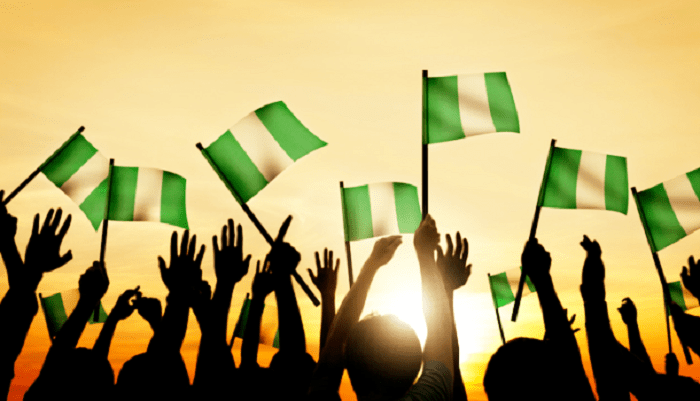A horse rider displays the Nigerian flag
I, like many of our compatriots, often ask the question as to how best we should approach the challenge of nation-building that ails Nigeria. There are those of us who think the problem with Nigeria is her size, some others think it is the many ethnic interests conflating one another for domination. Others think it is all about bad leadership, while others believe it is the Constitution.
There are those who blame poverty as the issue, while some Pan-Africanists believe colonialism, foreign religions and intellectual imperialism are the reasons we are still lagging behind. The thirst for excuses and culprits to blame for our obvious challenges is insatiable. In the midst of this epistemological melee, there have even been more disillusioned solutions as to how to end the problem – the loudest of these today are the clamours for secession and unending complaints about marginalisation, which is mutual anyway!
Therefore, I tend to assume that the idea of “Making Nigeria Work” stems from the mindset that sees the country as a collapsing edifice rather than a country still in the hands of architects and builders. For me, the idea of making Nigeria work should not suggest a strategic demolition for us to erect a totally new structure.
For me, whatever defects currently ail our country can be corrected without having to collapse the whole structure. This is very logical if we understand that nation-building is an endless endeavour and that no generation is ever satisfied with the work it has done. It is the generation that comes after that can truly appreciate the progress that has been made when they begin to take for granted what was scarcely available for the generation before them. Nation-building is an unfinished business.
Advertisement
Renowned Nigerian author, Ben Okri in his award-winning book, The Famished Road, tells of a people who, for several generations have been trying to build a road. But no matter how hard they work, they never go far in their endeavour. Even then, whatever little progress they make, is always destroyed by disasters beyond their comprehension and they would have to start all over; much like the curse of Sisyphus. Yet, every generation understands that it is their destiny to try and complete this road. History has taught them that the road will never be completed, but they never give up because each generation hopes that it will be the generation that gets the job done. Several commentators have noted that Okri’s unfinishable road is in fact, a grand metaphor for nation-building.
Indeed, nation-building is a continuous work in progress. Sixty years may be a long time in the life of an individual. But a sixty-year-old nation is a nation yet in its infancy. Therefore, rather than despair over the failures of the past, it would be more productive that we look ahead with great hopes at the infinite future that lies ahead of us, armed with that immortal admonition from the French West Indian psychiatrist and political philosopher, Frantz Fanon that “every generation must, out of relative obscurity, discover its mission, betray it or fulfil it.”
Over the years, Nigerians have agonized over the lamentably slow pace of our development. Successive governments and policymakers have responded with various approaches and strategies for achieving the much-desired national development. Yet, even the most charitable analyst of our political economy would agree that we have not performed to our optimum capabilities. So many experts have made great efforts to explain our under-development, with some, like the late Professor Claude Ake even arguing that development was never part of the post-colonial African political agenda. It appears to me however that the fundamental challenge is that all along, we have been placing the cart before the proverbial horse. Before we can think of development, we must first solve the problems of nation-building, because you cannot develop what you do not have.
Advertisement
When the Nobel Laureate, Wole Soyinka asked “When is a Nation,” he was attempting to draw our attention to those urgent questions of nation-building that have remained largely unanswered to this day. The development of every nation necessarily derives from “elite consensus”. However, this consensus can only be forged after some fundamental questions, what we call the national questions, have been settled. Where the very existence of the nation itself is easily brought to question at the slightest provocation such as we have seen with our recent elections, it should be clear that we have to ask and settle certain questions first, and it is the settlement that would then provide the foundation for our vision of society and the structure and direction of our national development. In short, the very notion of national greatness is directly consequential to nation-building.
Over the years, I have heard even presumably informed analysts refer to our country as the mistake of 1914. But was the amalgamation really a mistake? The American social philosopher, Eric Hoffer argued that divide-and-rule is most effective when it “fosters a multiplicity of compact bodies – racial, religious or economic – vying with and suspicious of each other.” Therefore, it is possible to argue that the toxic legacy of the colonialists’ ‘divide and rule’ strategy may be the reason that we have remained divided even six decades after their rule ended. However, to describe this amalgamation itself as a mistake would be wrong, both historically and conceptually. The hands that drew the map may not have been ours, but the map was possible only because we were here in the first place.
Every student of history will agree that as a people, if not as a country, Lord Lugard did not introduce us to ourselves. Long before the white man set foot on our land, our people had developed an intricate network of relationships. Even though they lived in their various enclaves as independent people, they traded together, they married one another, they fought together as allies in battles and against one another as adversaries. Our cultures inter-mingled freely and produced a rich synthesis of cultures, in such a way that no single culture was left pure and unaffected by this intercourse, as evidenced in new vocabularies, diets and even dress.
It is also important to note that many of our empires and kingdoms were territorial rather than tribal. They luxuriated and thrived on their diversity and formed unions and alliances based on shared understanding and mutual respect. A cursory analysis of our languages and belief systems will reveal that we actually have more in common than some of our differences would suggest.
Advertisement
Therefore, while the colonialists may have been “culpable” for creating the country that we call Nigeria without consulting us; the task of forging a nation out of this colonial invention, rests squarely in our hands. And this task must progress from a deliberate effort to remobilize and re-interpret our history, especially our pre-colonial history. If we take a sociological look, we will see clearly that we did not arrive here by chance or as mere products of colonial misadventure.
Fayemi, former governor of Ekiti State, is a Visiting Professor at the School of Global Affairs, King’s College, University of London, England. The article which continues in part 2 is an excerpt from a Keynote Address delivered at the National Dialogue on “How to Make Nigeria Work” in commemoration of the 60th Birthday Celebration of Professor Udenta Udenta, founding Secretary General of the Alliance for Democracy.
Views expressed by contributors are strictly personal and not of TheCable.
Add a comment
